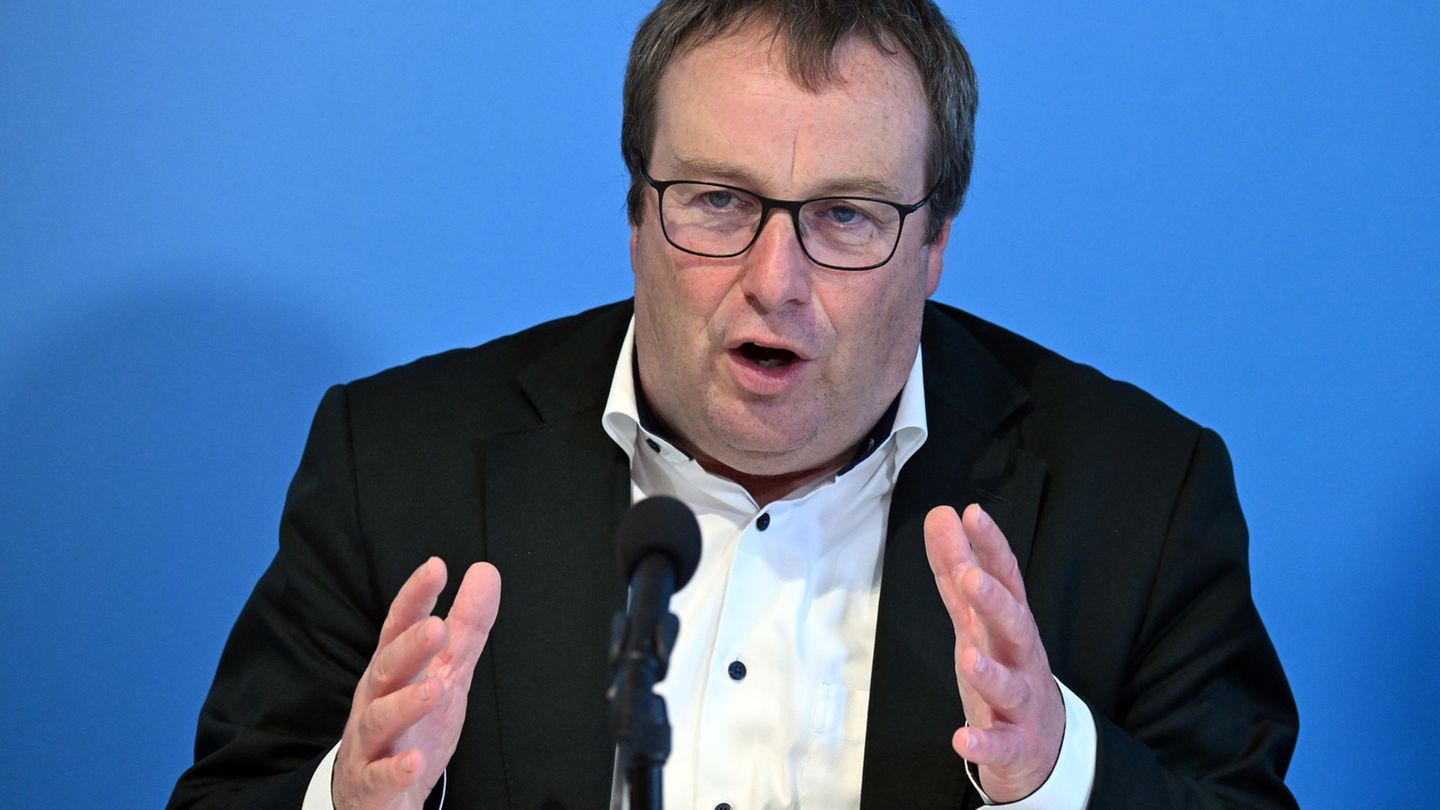The elections had as a background the expansion of NATO including Sweden and the apparent redesign of the European political landscape with the rise of xenophobic right-wing parties that multiply their ability to capture an electoral base among populations that do not find political answers in the traditional leadership.
In a campaign focused on immigration, high crime rates (48 people died from firearms this year) and inflation (9.8% year-on-year in August), the right-wing bloc formed by the Moderate Party (PM), the Christian Democrats (DM), the Liberals (L) and the far-right DS, achieved a majority of 176 of the 349 seats that make up the Parliament (Riksdag),
Until now, the Conservatives have never come to power with the support of the radical right, but this possibility is opening up now that the DS, with 73 seats, has become the strongest partner in that bloc.
This boom responds to several factors, the writer and professor of History at the Norwegian University of Bergen Ernesto Semán said, consulted by Télam, and among these he highlighted a “demand for a return to an old Sweden threatened by immigration”,
Among the Nordic countries, Sweden is the one that incorporated the most immigrants, most of them from Syria, Iraq and Finland. There are currently more than two million, 19.42% of its population, more than double the percentage that this group represented in 1990 (9.8%).
In this framework, according to Semán, a gravitating factor is the growing perception by important segments of the population that this “racially and socially homogeneous Sweden” still present in the retina of many of its citizens, is threatened by conflicts and violence in the most neglected areas.
And in this idea of a return to a more homogeneous Sweden “the extreme right offers a response to the changes in the social structure”, assured the professor.
The Argentine expert also placed factors in the political situation as determinants, such as the fact that DS has been at the gates of power for a long time and against the governments, both that of the social democrat Magdalena Andersson (2021-2022), and the one before this one, by Stefan Lofven (2014-2021), which puts them in a “rebellious state” that somehow strengthened them.
Asked about how a welfare state with notable levels of equality among its citizens was able to incubate parties with direct roots in Nazism, Semán recalled that social democrats and conservatives had introduced “a multitude of small changes in the last decade that weakened the protection of workers within of that state.”
The reimbursement systems for health, labor regulations for teachers and doctors, requirements for social assistance, among others, underwent changes that made them “less universal”, and a resentment slipped into those cracks from which the extreme right knew how to profit electorally.
He also stressed that DS is in favor of expanding the Welfare State, not cutting it, an element that, in fact, is at the center of the bids for which they do not enter the new conservative coalition, since the PM promises drastic cuts in public spending.
This point characterizes a large part of the extreme right in continental Europe, which promotes the expansion of the Welfare State and social aid (although it excludes immigrants) and is extensible not only to the parties that are in opposition but also to the ruling party , like (Viktor) Orban in Hungary, explained Semán.
This represents a great difference with respect to the extreme right that incorporates more libertarian ideas, such as the British and Argentine, and it is an aspect that not only allows us to understand the Swedish extreme right, but also to imagine future transformations in the Argentine or Latin American extreme right.
For his part, the Italian historian Steven Forti, associate professor at the Autonomous University of Barcelona, addressed the issue of the Swedish far-right boom within the framework of a global growth of this political space, which links the phenomena of “normalization” and “de-demonization” “.
Normalization, he explained, is linked to a process of extreme right-wing political debate, which was illustrated in what political scientists call ‘Overton’s window’, a model that describes changes in the perception of public opinion, and how ideas that before they were considered preposterous are later accepted.
“De-diabolization”, meanwhile, as explained by the expert on fascism, nationalism and extreme right-wing in contemporary times, refers to the process by which these formations and their political leaders begin to be perceived as non-extremist, non-radical, as common people , to install the idea that they are not a danger, but good people and there is nothing to worry about.
The Swedish case is exemplary -Forti stressed- since for many years DS was a pariah formation on the political scene, but today, after the electoral result, the rest of the right-wing bloc “doesn’t shy away from a possible post-electoral agreement with them” .
The Italian also assigned great preponderance to the facility of the extreme right to delve into thorny issues such as abortion, the traditional family, LGTBIQ + rights, gender, feminism, etc. and push the “mainstream” right to “match” his postulates.
Finally, Forti did not disdain the relevance of structural changes in virtual spaces for political debate.
The extreme right has defended the potential of new technologies before and better than anyone else and has opted for communication on social networks, said the specialist, after recalling that the first party to open a website in France was the National Front in 1996 ( FN), of the extreme right, today called the National Grouping, which led Marine Le Pen to the ballot in the last two French presidential elections (2017 and 2022).
This arose as a response to what was then the great problem of these formations: not being able to reach the mass media, a stumbling block that the networks allowed them to break.
In these spaces, like Twitter, “it is impossible to explain the complexity of the world, the specific problems of administrative management, politics and our societies,” he lamented.
“The simplistic discourses used by the extreme right flow and communicate faster in those restricted spaces that can be a tweet, a photo, a meme on Instagram or a video on TikTok. Complexity takes time,” he concluded.
Source: Ambito
David William is a talented author who has made a name for himself in the world of writing. He is a professional author who writes on a wide range of topics, from general interest to opinion news. David is currently working as a writer at 24 hours worlds where he brings his unique perspective and in-depth research to his articles, making them both informative and engaging.




